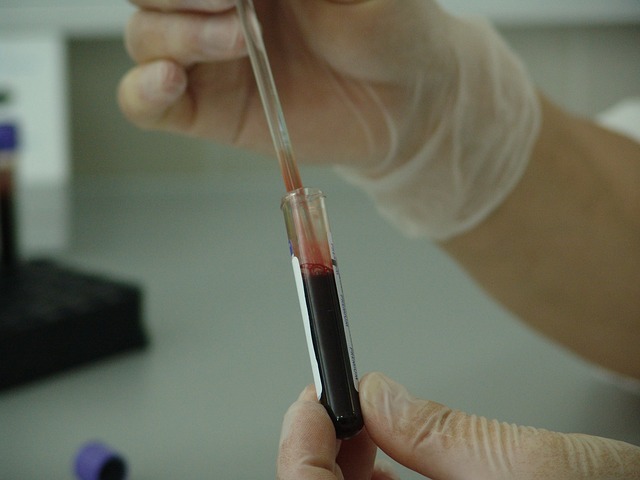
Natera said that the Signatera test is used for post-surgical detection and quantification of circulating tumor DNA (ctDNA) in the blood of patients previously diagnosed with certain types of cancer and in combination with certain drugs.
The Breakthrough Device designation for the test is expected to speed up the FDA assessment and review of Signatera as an in vitro diagnostic for use in pharmaceutical trials.
Natera CEO Steve Chapman said: “We are delighted to work with the FDA in the context of the Breakthrough Device program. This designation validates our belief that Signatera will truly change the way cancer patients are diagnosed and treated, ultimately leading to better treatment decisions and improved clinical outcomes.”
Signatera marks the first circulating tumor DNA (ctDNA) test designed for molecular treatment monitoring and molecular residual disease (MRD) assessment. Until its clinical launch planned for second quarter of 2019, the test is available for research use only (RUO).
The company said that the methodology of its test differs from other liquid biopsy tests, as they test for a fixed panel of therapeutically relevant genes, while Signatera provides each individual with a customized blood test tailored to match the clonal mutations found in that individual’s tumor tissue.
Natera oncology and transplant businesses general manager Solomon Moshkevich said: “This Breakthrough Device designation is a significant step forward in our commercial strategy, helping to clear the path for Natera to participate in registrational drug trials that use Signatera for patient selection and study enrichment.
“This milestone directly supports our stated goal of achieving $40 to $50 million in cumulative pharma contracts by the end of 2019.”
Natera claims that its Signatera was shown in numerous clinical studies, across non-small cell lung, bladder, breast and colorectal cancers, to identify molecular residual disease significantly earlier than standard imaging.
In addition, studies have shown that Signatera test status is the most significant predictor of long-term patient outcomes after surgery and treatment, relative to all other clinical and pathological factors.




